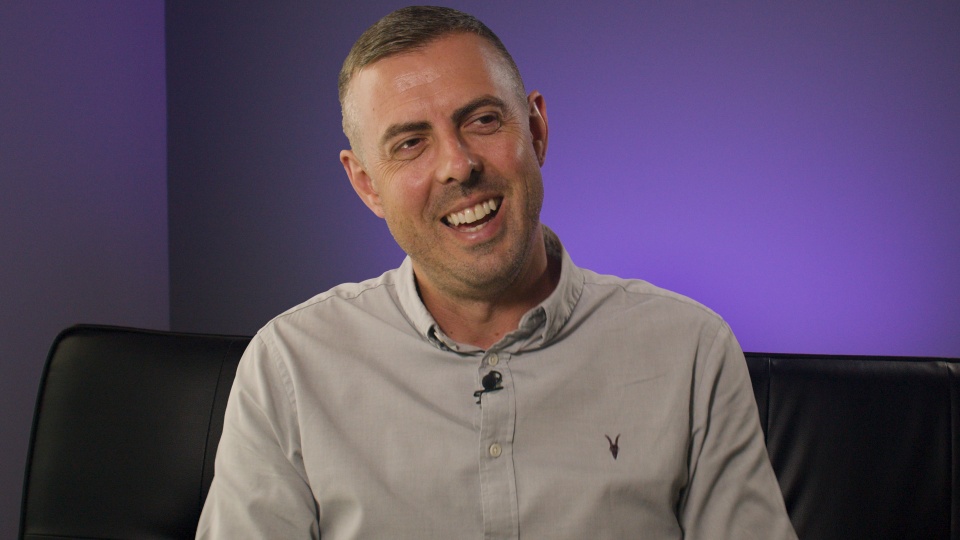Why cash holds firm
Published in the Herald Sun, August 2010 by Karnina Barrymore
The mantra "cash is king" is holding true among many Australian investors as they prepare for a potential second wave of the global financial crisis.
According to the latest estimates by research house Investment Trends, self-managed super funds are home to some $34 billion in "excess cash".
An earlier study found financial planners' clients built up almost $60 billion in cash last year – money they say will stay that way until investment markets settle down again.
In its soon-to-be-released "Self Managed Super Fund Investor Report", Investment Trends principal Mark Johnston said the excess cash represented about 8 per cent of DIY super fund assets.
When added to their traditionally high levels of cash, these funds now have about 21 per cent sitting in cash, Mr Johnston said yesterday.
Second wave
"Investor confidence has taken another hit and they remain very cautious in the wake of the recent correction," Mr Johnston said.
"While 95 per cent agree the Australian economy is strong and will buffer us somewhat, six out of 10 also say they fear a second wave of the global financial crisis."
Vanguard Investments principal Robin Bowerman said it was not surprising self-managed funds were "sitting on the sidelines" given the market volatility.
He said this uncertainty - combined with high interest rates on bank deposits and the government guarantees - could help explain the high levels of cash holdings.
Banks and financial institutions are still smarting from the cash shortage triggered by the financial crisis and are offering historically high term deposit rates compared with the benchmark cash interest rate.
According to Investment Trends, self-managed funds, which are typically controlled by high net worth investors, are waiting for certain trigger points before dipping into their cash.
Confidence game
Of those funds with more than $50,000 in cash, the most common triggers to begin investing again are "confidence the recovery is real" and "more confidence in the stock market".
Just how or when they will feel confident enough, however, is not known, but clues to their decision-making include:
Better economic outlook.
Reduction in market volatility.
Sustained rise in market values.
Adviser recommendations.
And just where they intend to put this money once they feel confident again also shows a longer-term wariness for traditional share market targets.
New investments
According to Mr Johnston, only 39 per cent of self-managed funds plan to put their money into blue-chip shares down from 46 per cent last year.
Term deposits, despite offering relatively high rates, also are less popular, with only 6 per cent of the money earmarked for them now compared with 9 per cent a year ago.
Residential property is picking up some of the money not heading for blue-chip shares or term deposits, with 7 per cent of new investments - up from 5 per cent.
Other sectors to remain relatively steady include high-yielding shares at 7 per cent, managed funds 5 per cent, commercial property 4 per cent, resource stocks 4 per cent, small-cap stocks 4 per cent and cash management trusts 3 per cent.
Fund manager Wealth Within founder Dale Gillham said the dash for cash has been playing out for the past couple of years but worsened during the past year. However, there were signs investors were starting to finally loosen the purse strings.
Counter cyclical
"The increased volatility over the past 12 months has added to the frustration of many Australians who are moving out of their traditional managed fund in favour of self-managed super, but because many people have little or no education about investing they prefer risk-free cash at least until the markets settle down," Mr Gillham said.
"The challenge with this is that history shows that these people will miss out when the inevitable rise occurs as the majority of investors enter markets at the top and sell at the bottom reacting to the emotions of fear and greed.
"History also shows us that the best time to buy is during a recession when the majority of people are scared of the markets and are in cash."
Control
Self Managed Super Funds Professionals Association chief executive Andrea Slattery said the structure of DIY funds allows trustee members to react very quickly to market conditions.
"SMSF trustees have complete control over their investment strategy and exercise that control to cope with changing market conditions," she said.
"This may include holding cash to take advantage of investment opportunities as they arise or sitting on the sidelines during periods of market volatility."
Back to Articles

